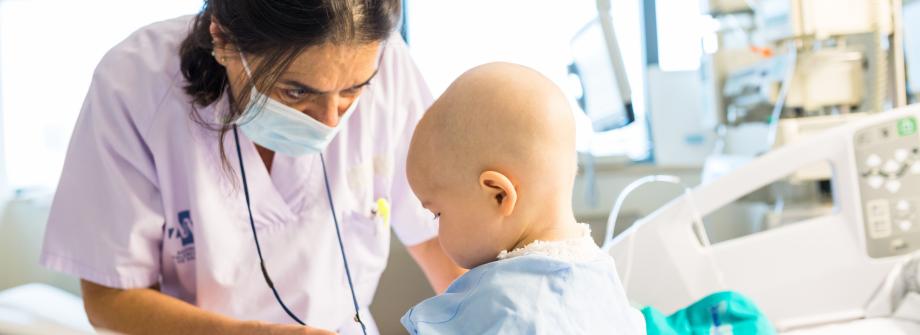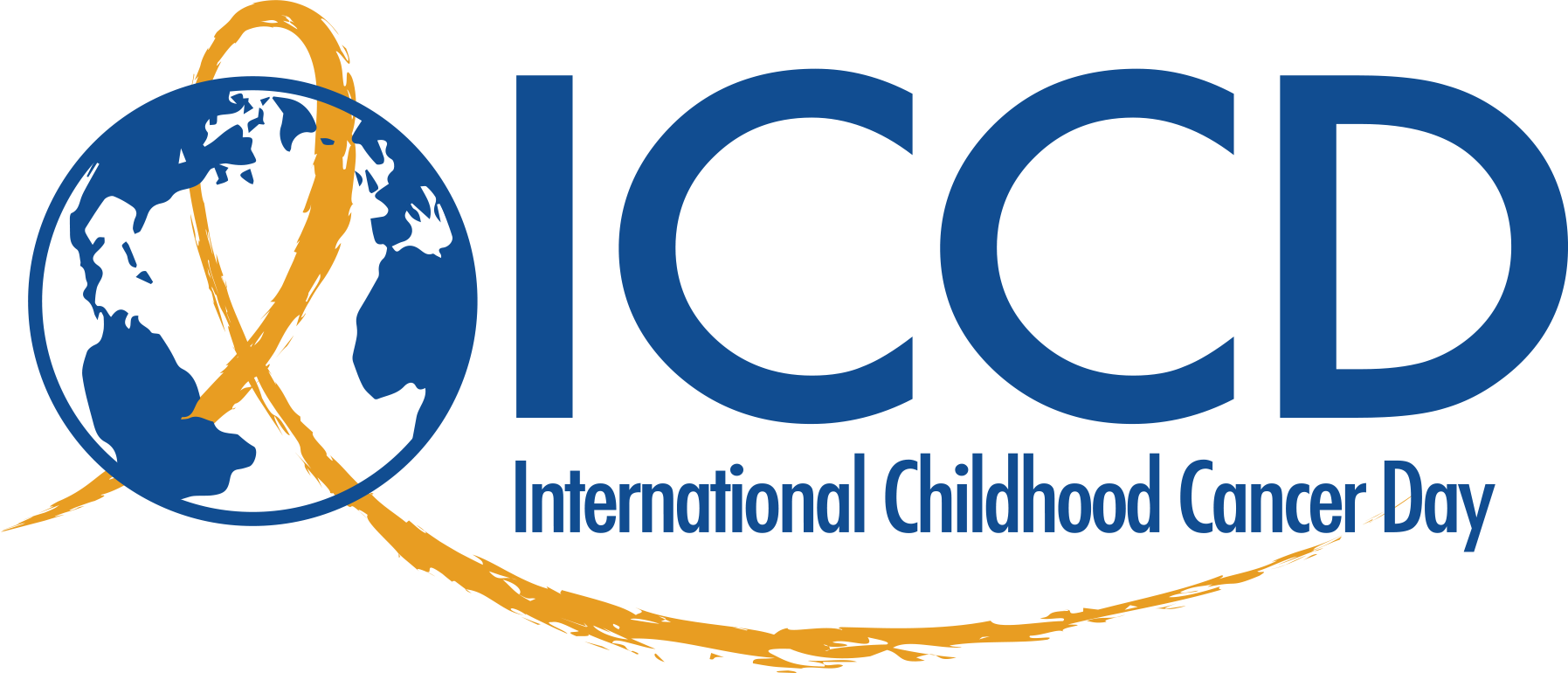
International Childhood Cancer Day (ICCD) is celebrated worldwide on February 15th. This year ICCD campaign focuses on reducing cancer and treatment related pain: “No More Pain” and “No More Loss” for children with cancer and their families.
On this occasion, the EBMT Paediatric Diseases Working Party spotlights a phase-2 multi centre trial in sickle cell disease to assess the therapeutic efficacy measured as the reduction of SCD related complications, including pain, and to eventually offer cure for patients with SCD.
SCD is not cancer but sickle related pain crises and chronic pain syndromes in advanced stage SCD are the predominant clinical feature affecting the majority of patients.
Sickle cell disease (SCD) is one of the most frequent inherited diseases and the most prevalent haemoglobinopathy worldwide. The number of newborns will reach 400,000 by 2050 so that SCD is now recognized by the UN and WHO as a global health problem. Sickle related pain crises and chronic pain syndromes in advanced stage SCD are the predominant clinical feature affecting the majority of patients and the most debilitating complications leading to unemployment and disability. Despite significant improvements in the supportive care of SCD-related complications that abrogated the classical sickle related complications and infant mortality in developed countries, the disease course for adolescents and young adults has not changed. The average life expectancy of young adults has not improved significantly over decades and remains far below that of the unaffected population.
Allogeneic hematopoietic stem cell transplantation (HSCT) is currently the only curative therapy for SCD. Matched donor availability for these patients is limited to less than 20% so that alternative donor transplantation is a curative option for the majority of patients.
Significant progress has been made over the past decade in haploidentical stem cell transplantation (haplo-HSCT). Partially HLA-mismatched or HLA-haploidentical first-degree related donors greatly increase the donor pool to more than two donors per patient. In addition to immediate donor availability, the incidence of acute graft versus host disease (aGvHD) and chronic GvHD (cGvHD) seems at least comparable to matched sibling or matched unrelated donors.
In order to provide a perspective for patients with SCD a phase-2 multi-centre trial to assess haploidentical T-depleted stem cell transplantation with no available sibling donor is currently in preparation and expected to launch this year. The EBMT endorsed trial is conducted on behalf of the EBMT Paediatric Diseases Working Party in collaboration with the EBMT Inborn Errors Working Party. It will include 25 centres in 9 countries in order to assess the therapeutic efficacy measured as the reduction of SCD related complications, including pain, as well as the incidence of transplant-related complications of a T-cell depleted haploidentical stem cell transplantation in a direct comparison with the standard of care using a matched sibling donor transplantation in order to offer cure for patients with SCD.
